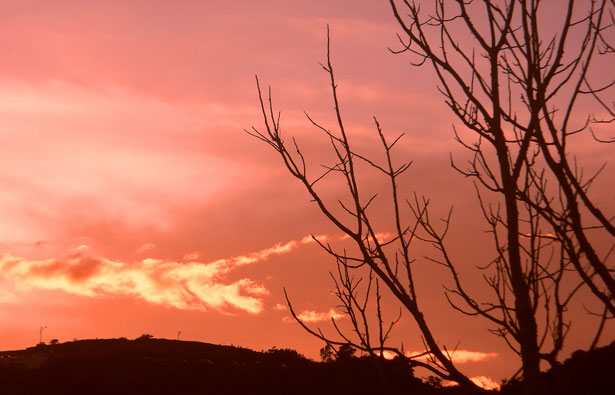
Each Monday, Tiffany posts a message that provides positive energy and tips for eating more mindfully. The purpose of the weekly message is to reinforce the ideas from the talks and classes that are a part of the Como Water Membership, and to further support those living the veg-centric lifestyle. To receive our Mindfulness Mondays posts, Become A Member today.
Flow is Not the Same as Acceptance
A few days ago I was telling a friend that I was frustrated about something going on at work, and that although I felt like I was working through the drama, I still wasn’t totally clear on my next steps. She asked, “well, don’t you just need to accept it? I mean, isn’t that what Buddhism is all about, accepting whatever life throws at you?”
Quite the contrary, my friend. Quite the contrary. So I decided to make this the topic of today’s Mindfulness Mondays post. And the simplest way I thought I could make my point is by distinguishing flow and acceptance.
To me, principles in Buddhism (and in other spiritual traditions for that matter) pertain to the concept of flow, or in other words moving with the current of life, recognizing all the time, that we have capacity and autonomy to shape that current. In contrast, acceptance is taking what life gives you, assenting, receiving, and/or otherwise implicitly or explicitly agreeing to life’s terms. There’s a time for flow and there’s a time for acceptance, but the two are definitely different, and this latter response–acceptance–is definitely not what Buddhism is all about.
I mean, think about it. The Dalai Lama has been denouncing China over the occupation of Tibet for decades. And Thich Nhat Hanh was exiled from Vietnam in the 60s for his opposition to the war. Neither of these men accepted what life was throwing at them. Both of these men spoke out, fought back against destructive ideologies, and these are two of the most famous Buddhists on the planet.
So when thinking about our own goals, our own passions, and convictions–related to eating, diet, health, or some other dimension of our lives–I think it’s important not to conflate going with the flow with just accepting situations, as the latter, if left unchecked, can cause us to relinquish our power. Power that when focused and harnessed can lead to real change–change within ourselves and in our surrounding contexts.
The difficult part comes in knowing when (and how!) to act. Perhaps that’s why the first part of the serenity prayer has spoken to so many people over the ages: “God grant me the serenity to accept the things I cannot change; courage to change the things I can; and wisdom to know the difference.” With serenity, courage and wisdom, we can make deliberate, conscious choices about when to flow, when to accept, and when to act. This, is what I think, Buddhism is all about.
